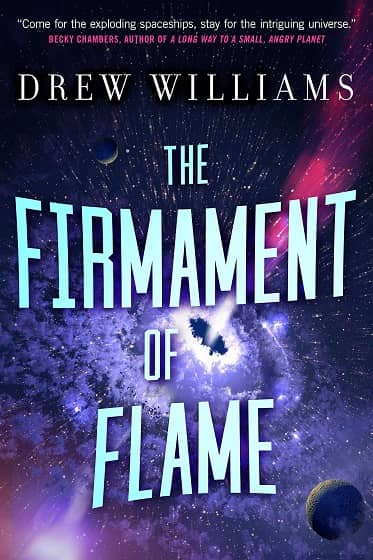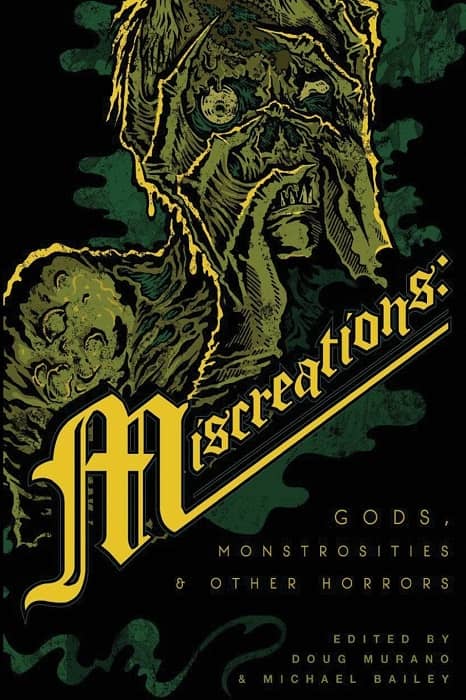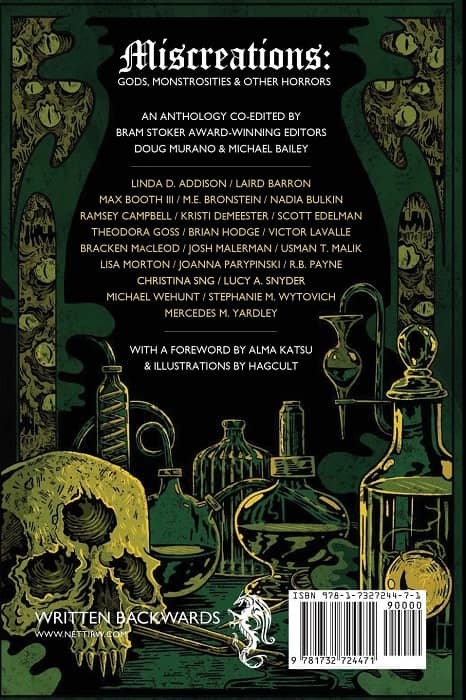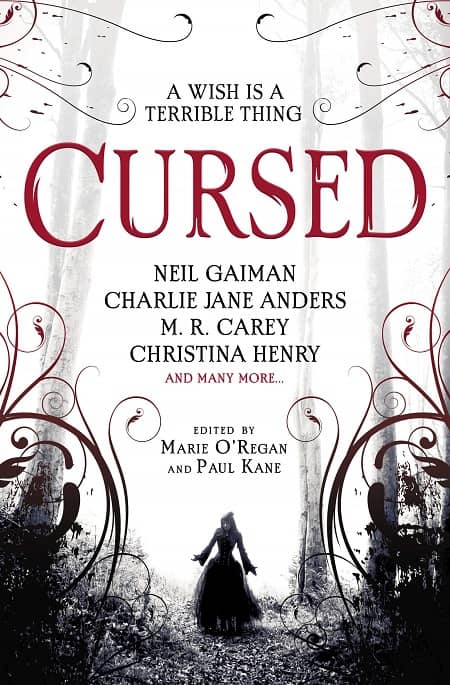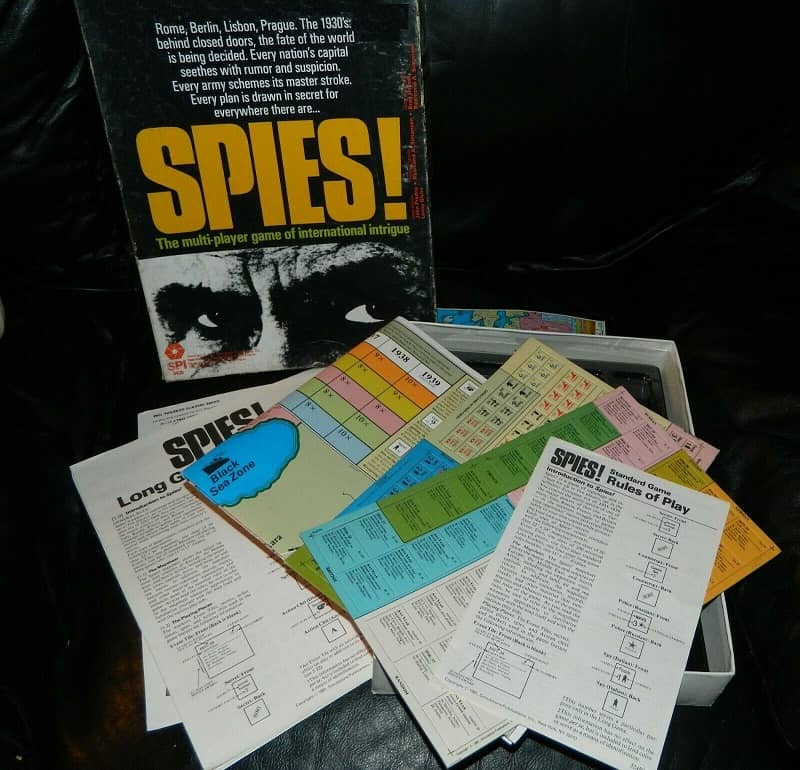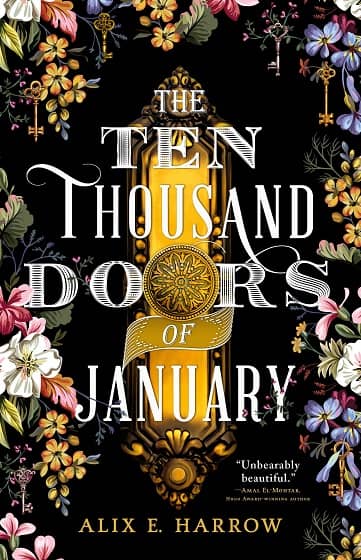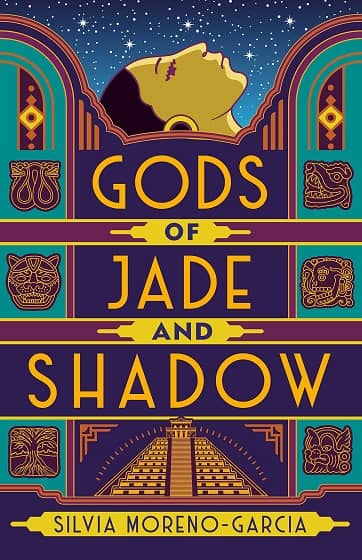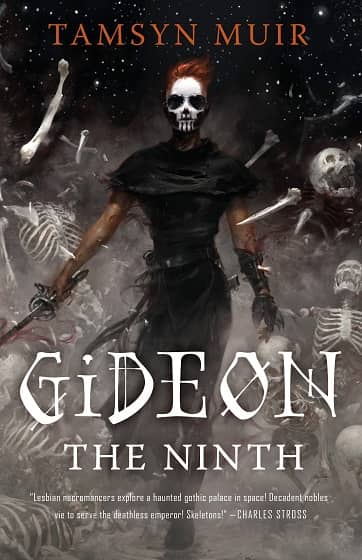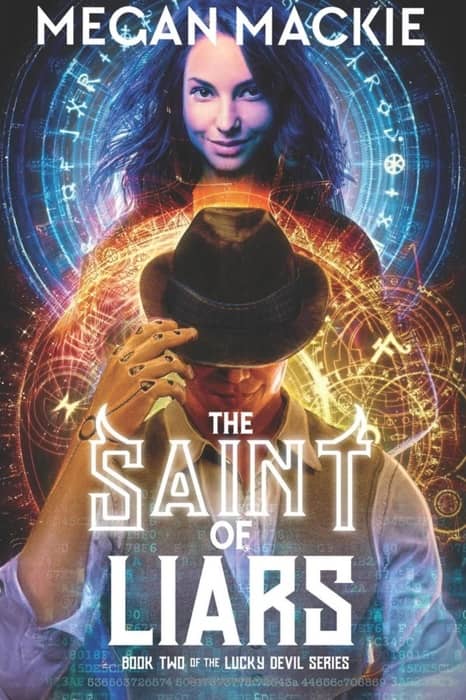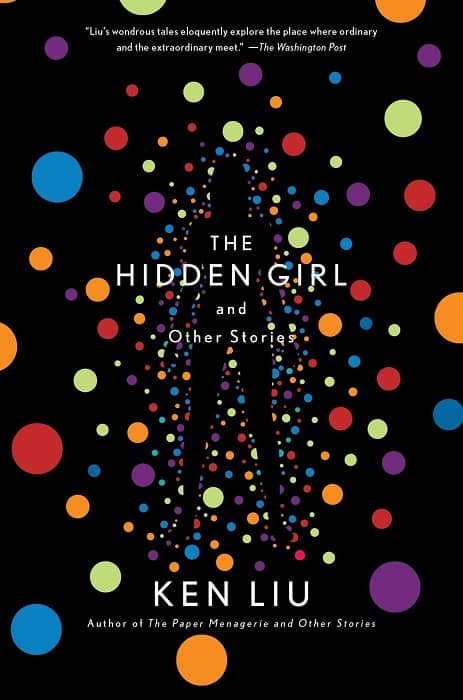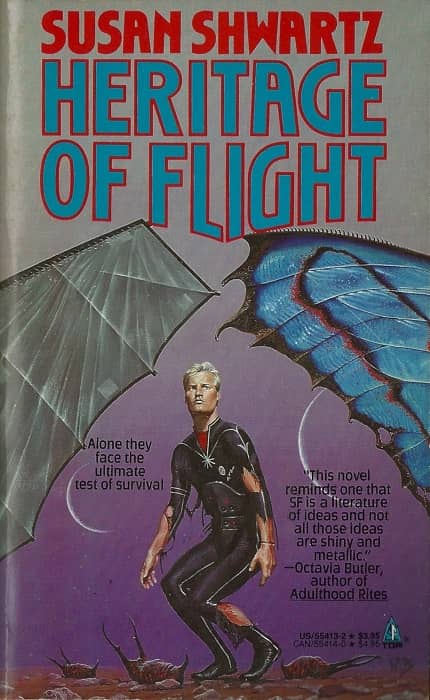A Gaslamp Fantasy with Political Intrigue and Witchcraft: The Kingston Cycle by C. L. Polk
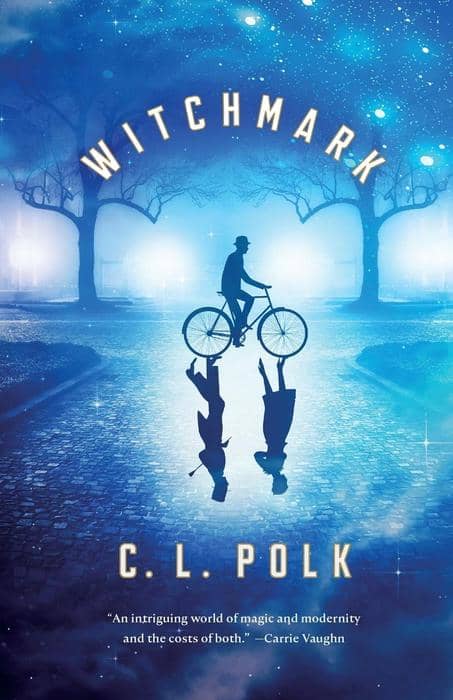 |
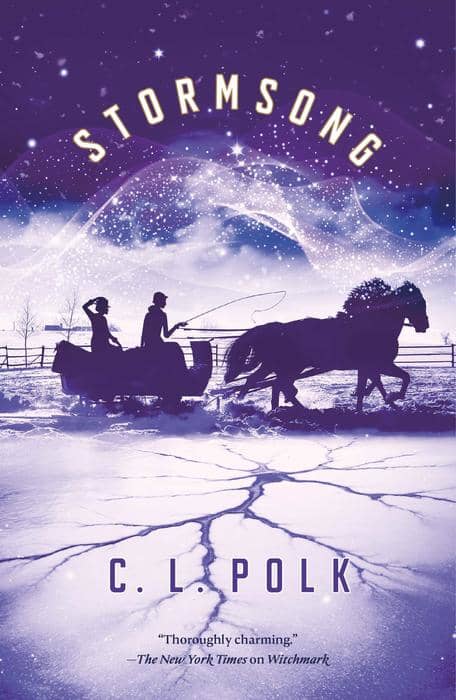 |
Covers by Will Staehle
C. L. Polk’s fantasy debut Witchmark made a huge splash in 2018. It came in fourth for the Locus Award for Best First Novel, was nominated for a Nebula, and won the World Fantasy Award for Best Novel. It was also included in Best of the Year lists by NPR, Publishers Weekly, BuzzFeed, the Chicago Review, BookPage, and the B&N Sci-Fi and Fantasy Blog. It had lots of stellar coverage — including the Los Angeles Public Library, which called it “Brilliant… full of atmosphere and thrills” — but my favorite review was from Publishers Weekly. Here’s an excerpt.
Polk’s stellar debut, set in an alternate early 20th century in an England-like land recovering from a WWI-like war, blends taut mystery, exciting political intrigue, and inventive fantasy. Miles Singer’s influential family of mages wants to turn him into a living battery of magic for his sister to draw on. Fearing this fate, he runs away to join the army and make use of his magical healing abilities, although — like all magic-users — he must hide his powers or risk being labeled insane and sent to an asylum. When Tristan Hunter, a handsome, suave gentleman who’s actually an angel in disguise, brings a dying stranger to Miles’s clinic, the two pair up to uncover the reason for the man’s mysterious death… Polk unfolds her mythology naturally, sufficiently explaining the class-based magical system and political machinations without getting bogged down. The final revelations are impossible to see coming and prove that Polk is a writer to watch for fans of clever, surprising period fantasy.
The sequel, Stormsong, arrived in trade paperback earlier this month, and you know what that means. Time for me to track down a copy of the first book! Here’s the back covers for both.


